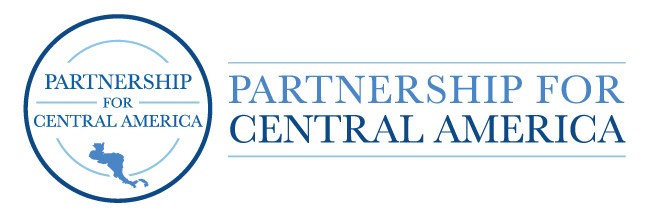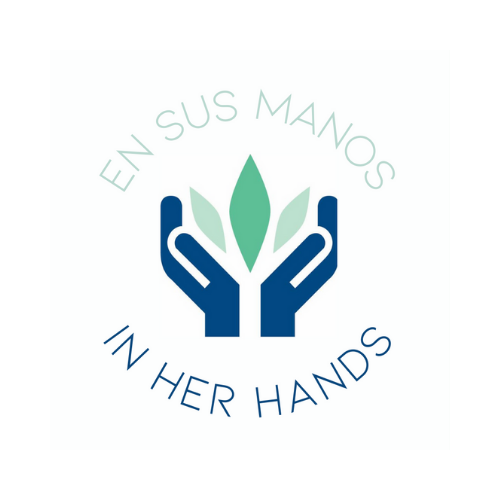
In Her Hands Webinar Series
About the In Her Hands Webinar Series
Central America continues to trail behind its regional counterparts across critical indicators related to gender equality, despite the considerable progress that the Latin American and the Caribbean region has achieved in aggregate. Women of Northern Central America— Guatemala, Honduras, and El Salvador—face disadvantages across the dimensions of agency, access, and inclusion. These structural barriers and systemic disadvantages have sustained a system that has hindered the full potential of women in the region, and by extension, have deterred progress towards gender parity, poverty eradication, and inclusive economic growth. Guatemala, Honduras, and El Salvador have taken important steps towards increasing the inclusion of women and improving their social and economic outcomes, signifying an opportunity to build on this momentum and focus on women’s value as a driver of economic growth and community development.
The In Her Hands Webinar Series that will serve as a forum for objective-driven dialogue on the structural barriers and systemic disadvantages that disproportionately impact women in the region. Through panel-style and one-on-one conversations, we will engage our partners—across the corporate, nonprofit and government sectors—in discussion on these complex challenges and identify new pathways to leverage capabilities to achieve an effective systems change in the region.
Past and Upcoming Events
Closing the Gender Digital Divide
Wednesday, September 27th 2023
Digital access provides avenues for women’s economic empowerment and contributes to greater gender equality. When women have access to the internet, digital platforms, mobile phones, and digital financial services, they have the possibility to earn additional income, increase their employment opportunities, and access knowledge and general information that can support their economic autonomy. However, barriers such as access, affordability, and lack of education hinder women and girls’ ability to benefit from digital technologies and services, and inhibit their potential to make economic gains. In Guatemala, Honduras, and El Salvador, the gender digital divide in terms of access, use, and competencies is significant. Especially relevant is the access gap, as internet connectivity is necessary to address other barriers to digital inclusion. Across all three countries, the percentage of men with access to the internet surpasses the percentage of women with connectivity access. In this iteration of the IHH Webinar series, our partners discussed how their programs aim to address the barriers that limit women’s access to and effective utilization of digital technologies and services, and drive progress to close the gender digital divide.
Empowering Women and Girls Through Education and Workforce Development
Wednesday, June 14th 2023
Education is associated with a wide range of benefits to both individuals and society. It contributes to improving productivity, fostering long-term economic growth, reducing poverty, bridging inequalities, and building social stability. Among the many positive spillover effects, education also has a significant role in building the human capital necessary to grow a skilled labor force with the ability to meet and adapt to the demands of evolving labor markets. A more skilled and productive workforce forms the basis for faster economic growth and raising living standards. For women, education is a critical foundation for further skills development, and has a major impact on their entry into the labor market and economic outcomes. In Northern Central America, gender disparities in education persist in terms of access, enrollment, quality, and attainment. These gaps are widened by the urban-rural divide, the push and pull factors related to economic necessity, and structural challenges of gender inequality and their manifestations. In this iteration of the IHH Webinar series, our partners Glasswing International, Meta, and Fundación Terra discuss how their programs aim to address the barriers that shape women’s educational and employment trajectories, and drive progress towards women’s economic autonomy.
The Value of Women’s Economic Empowerment
Tuesday, April 25, 2023
The economic empowerment of women should be a priority for the region’s development agenda. Experience shows that when women generate their own income, they invest in their families and communities. Furthermore, women’s economic empowerment represents greater participation, access to opportunities, and control over resources that contribute to shifting the needle towards gender parity and inclusive economic growth. A key challenge to fully leveraging the power of female economic empowerment is fostering women’s financial inclusion. Accion, CARE, and Mastercard —leaders in expanding the benefits of financial inclusion to women in Northern Central America— discuss how their programs are targeted to address the most pressing challenges women in the region face to achieve economic empowerment, and approaches to address the factors that continue to limit women’s access to financial services.





